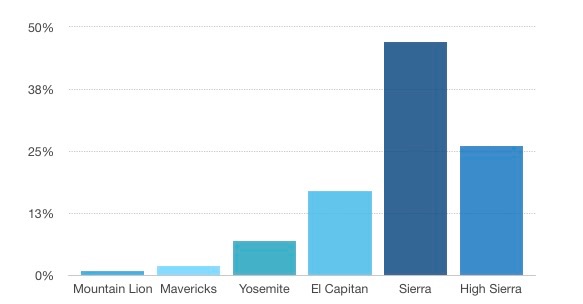
Read the data and convert them to a format I can use independently, let's say a CSV file.That would need to be done within Anylogic, so every experiment data are saved into a given folder. Still, I would need some wrapper to convert the tables into a format I can use with R or Python. I have been trying to connect to the database using R and Python without success.I am exploring several iterations and replicates so that Excel files wouldn't work. But I had the problem of Excel size limitation (about 1M rows). I tried using databases and then exporting the data to Excel.First, I tried the text file Anylogic features, but they didn't work with a parallel setup (e.g., not all rows were recorded).So, I want just to run experiments and save the output in a custom location (folder). When running a parameter variation experiment (several iterations and replicates) using parallelization, I haven't found a systematic way to collect the data to analyze them using Python or R. We originally published this article at 7:55 PM on June 9 and updated it at 11:25 AM on June 10.I have been struggling with model data exportation using Anylogic.

It added that the advisors’ contributions were being acknowledged “for the sake of record” even though the books are copyrighted by the council and the advisors’ term expired as soon as the books were published. Here is the list of areas where the members contribute. NCERT acknowledges their academic contribution and therefore publishes their names in the textbooks. Textbook Development Committees were constituted by NCERT from time to time. Therefore, at no stage individual authorship is claimed, hence the withdrawal of association by any one is out of question,” it said in a statement. “Textbooks at the school level are ‘developed’ based on the state of our knowledge and understanding on a given subject. The Council responded to their letter on Friday night, saying that theirs was part of a joint advisory effort and as a result no individual members could disassociate themselves from the textbooks. “We feel embarrassed that our names should be mentioned as chief advisors to these mutilated and academically dysfunctional textbooks,” they said. Palshikar and Yadav were chief advisors for the NCERT’s political science textbooks that were published in 2006 and asked that their names in this capacity be removed from the revised books. It justified its decisions as part of a ‘rationalisation’ exercise designed to “reduce the content load” on students following the COVID-19 pandemic. The NCERT also removed chapters relating to Mughal history from a Class 12 history textbook, and last year it deleted a chapter on Darwin’s theory of evolution from its Class 10 biology textbook.Īlso Read: If NCERT Has its Way, the Study of Indian History Will Move Entirely Outside of India We find that the text has been mutilated beyond recognition,” the letter also reads.Īmong the changes the NCERT made to its political science textbooks earlier this year are removing references to the 2002 Gujarat riots from its Class 12 book, chapters titled ‘Democracy and Diversity’, ‘Popular Struggles and Movements’ and ‘Challenges of Democracy’ from its Class 10 book and a section on sedition from its Class 8 book. “While the modifications have been justified on the grounds of ‘rationalisation’, we fail to see any pedagogic rationale at work here. We have asked NCERT to remove our names from these books. Prof and I have dissociated ourselves from the six NCERT textbooks that we had the honour to put together but that have now been mutilated beyond recognition.


#Anylogic serial
“We were never consulted or even informed of these changes … The frequent and serial deletions do not seem to have any logic except to please the powers that be,” Palshikar and Yadav said in their letter to the NCERT director.

They were chief advisors for the NCERT’s political science textbooks and released their letter in light of disagreements with controversial changes that the education council recently made to many of its textbooks. New Delhi: Political scientists Suhas Palshikar and Yogendra Yadav asked to have their names removed from the National Council for Education Research and Training’s (NCERT) political science textbooks in an open letter on Friday, June 9.


 0 kommentar(er)
0 kommentar(er)
